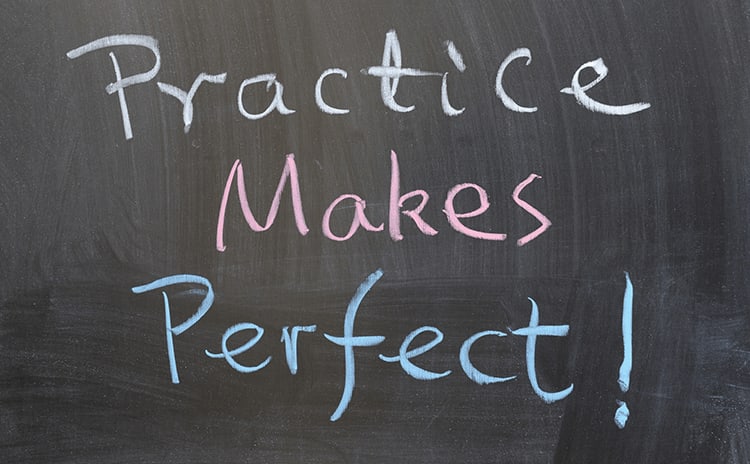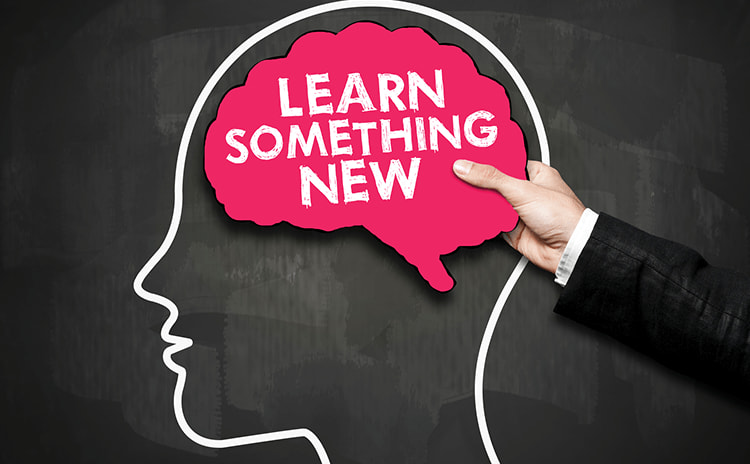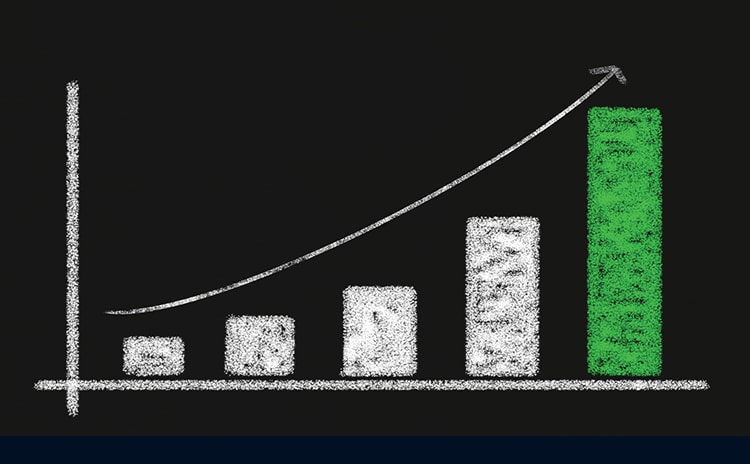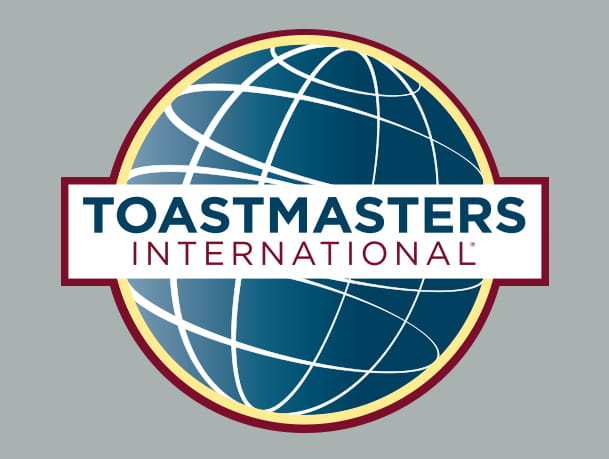One of my favorite quotes on leadership comes from French writer Antoine de Saint-Exupéry: “If you want to build a ship, don’t drum up the men to gather wood, divide the work and give orders. Instead, teach them to yearn for the vast and endless sea.”
Now, I yearn for the sea, but I don’t know how to build a boat. No matter how much I buy into the overall strategy, no matter how much I believe in the vision, I’m not going to be able to get my boss across the Atlantic.
To get results, you need more than just leaders. You need people who translate vision into reality. You need people who roll up their sleeves and get to work. You need doers.
Getting Things Done
Doers are efficient, detail-oriented and highly skilled. They get things done and don’t let anything stand in their way. They show high levels of intrinsic motivation and take pride in a job well done. They have a record of success a mile long and, although they might not always be in the spotlight, are highly sought after in their fields.
Sound like you? Great. You can stop reading now and get back to work. If not, it’s understandable. We aren’t all natural doers—just like we aren’t all natural leaders. The good news is, just as we can hone our leadership skills, we can hone our “doership” skills.
The bad news is, while there’s an entire industry devoted to helping you become a better leader, the same model doesn’t work for becoming a better doer. A leadership seminar can offer universal tips
(Be authentic! Communicate effectively!) that the surgeon, the stonemason, the business analyst and the blogger in the audience will all find useful. But no single seminar, no article (including this one—the irony is not lost on me), no coach, no course is going to be able to teach that diverse group of professionals how to excel in their chosen trades. Execution is not context-free.
Execution without leadership won’t get you far, but leadership without execution will get you nowhere. To be successful, you need to have both. Focus on the following four areas to become a better doer.
1 Productivity

The first step to improving your execution is to increase your productivity (and this is as close as you’ll come to context-free, universal advice). To be effective at what you’re doing, you need to be efficient at it. There are plenty of resources out there with tips to make you more productive. Whether it’s the Pomodoro time management method (working on a specific task for a series of 25-minute intervals) or single-tasking (the opposite of multi-tasking), find something that works for you and make it a habit. Remember, though, that increasing your productivity is just laying the foundation. It will give you the time, energy and focus to do what you need to do, but it won’t make you good at it. For that, you need practice.
2 Practice

To be good at anything, whether it’s shipbuilding or surgery, public speaking or programming, you need to practice. There’s no way around it. I’m not saying you need to spend an hour each evening doing timed drills, but to be a better doer, you need to do more. The more experience you have with a task, the more variants of the base case you encounter, the greater your understanding will be of the entire system. This increased understanding not only helps you better execute the current task but also helps you solve the next problem you encounter.
Toastmasters allows you to practice public speaking, and you can use this experience to hone other skills too. Work on your coding skills by revamping your club’s website or perfect your event-planning prowess by organizing the next Area Speech Contest. Practice your public relations skills by writing an exciting press release about something awesome your club just did, or shoot a promotional video at a meeting so you can showcase your members on social media and work on your cinematography skills at the same time. Seek out every opportunity to hone your skills; “practice makes perfect” may be cliché, but that doesn’t mean it isn’t true.
3 Learning

While learning-by-doing is 100 percent necessary, you can also grow your knowledge base in other ways. Read trade journals, internet forums and academic papers. Earn a certification or enroll in a course. Find an expert in your field and then invite her to lead a workshop for your club. Encourage members from other clubs or members of the public to attend as well.
Within your club, find an experienced member to mentor you—or learn as much or more by becoming a mentor yourself. Take full advantage of the Pathways learning experience and the other resources provided by Toastmasters International; from how-to guides for creating podcasts to specific team-building and training activities, there is certainly something related to what you want to do. Make sure, though, that you aren’t just learning for learning’s sake; actively look for ways you can apply your new knowledge.
4 Improvement

The best way to apply new knowledge is to improve the way you do things. When you take the solid base of experience you’ve formed through practice and add to it the additional knowledge you’ve acquired, you have all the ingredients necessary for improvement. That’s not to say it will happen automatically; in fact, this is where you need to put in the most effort. This is where you go from being a good doer to a great doer—by actively working to get better at what you’re doing. Pathways encourages you to repeat the same speech after incorporating feedback; record yourself giving both speeches, and then watch the before and after while marveling at your improvement!
And don’t stop there. Once you’ve improved, you’ve set yourself a new status quo. Keep practicing. Keep learning. And most importantly, keep improving. And while you’re at it, don’t forget to help others improve. Giving objective and thoughtful feedback to others not only benefits them, but can help you spot areas that you want to work on—or emulate—as well. Evaluation is a cornerstone of the Toastmasters model for a reason; it’s a key component of both great leadership and great doership.
Good Leaders Are Great Doers
To be a good leader, you need to be a great doer. We have all known leaders who are great at giving orders but couldn’t execute to save their lives. We’ve also all known leaders who clearly understand what they are talking about, and even if they aren’t in the trenches with you on this particular project, they could be. Which type do you prefer working under? Which type do you want to be?
Whether you are hoping to climb the corporate ladder or are content being an independent contributor, whether you aim for startup-founder glory or are happy with your one-man/one-woman show, you need to be able to execute. Decide what it is you want to do, and then practice, learn, improve and repeat—so the next time you yearn for the vast and endless sea, you can build your ship and set sail.
Megan Preston Meyer is the author of Max Entropy & the Avalanche, as well as Firebrand: A Corporate Elements Mystery and the Supply Jane and Fifo Adventures. She lives in Switzerland and is a regular contributor to the Toastmaster magazine. Learn more at entropycottage.com/max.



 Previous
Previous
 Previous Article
Previous Article

